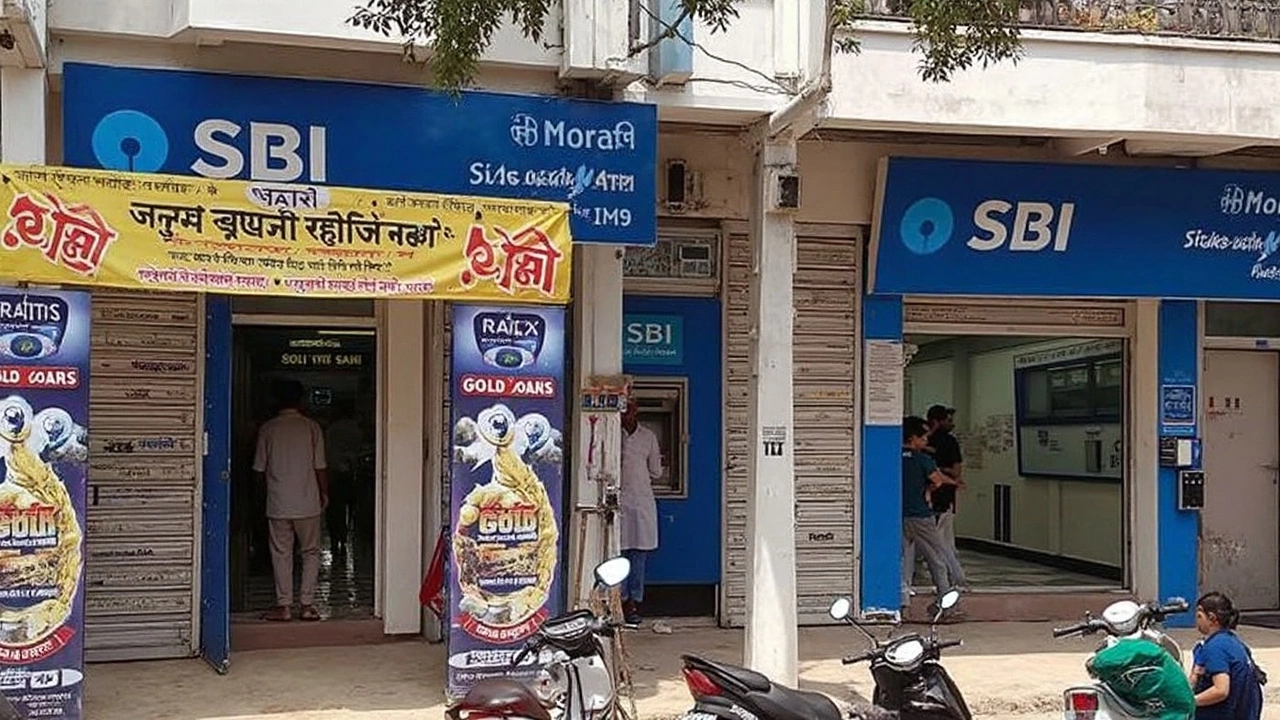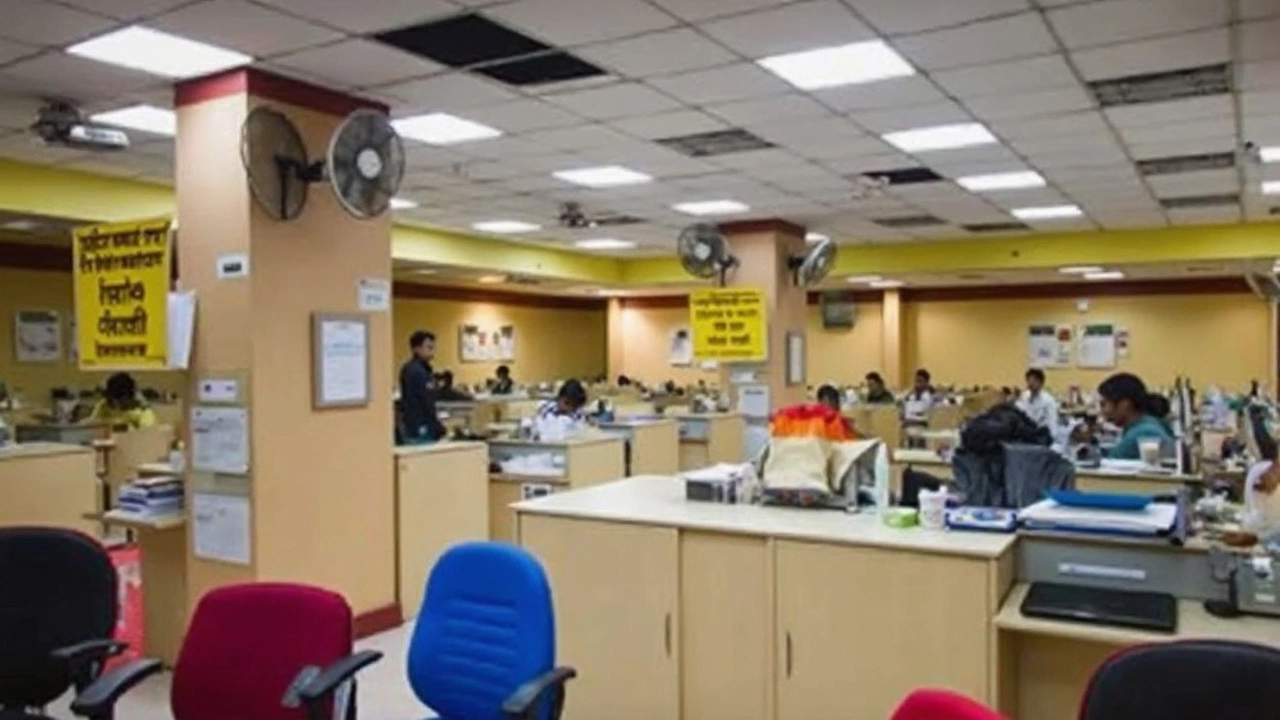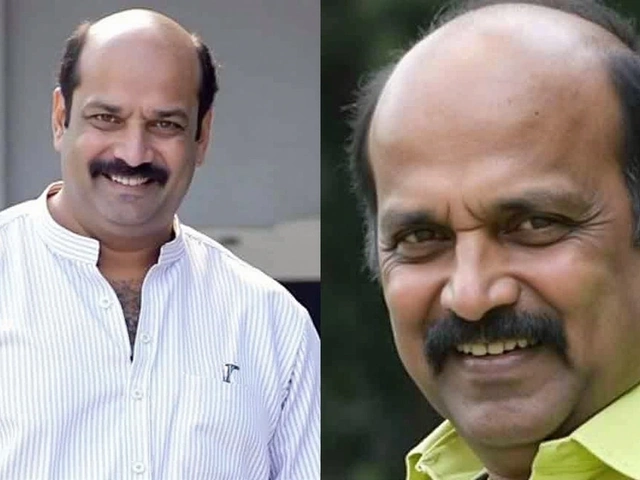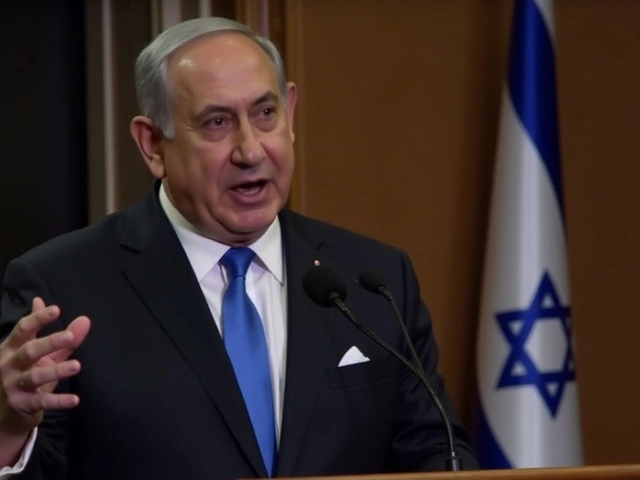Indian Banking Strike Called Off—Here’s What Changed
Just days before a planned shutdown of most banks across the country, India’s banking system stopped short of disruption. The United Forum of Bank Unions (UFBU), which speaks for over 800,000 employees in nine powerful unions, decided to postpone its strike after intense meetings with the Indian Banks’ Association (IBA) and officials from the Finance Ministry.
So, what pushed so many bank workers toward such a drastic move? It wasn’t just about pay or working hours. The mood among bank employees had been souring for months, with mounting complaints about relentless workloads, a shrinking workforce, and new rules that many felt threatened their rights. The spark came from a collection of changes and demands—most notably, a call for a five-day workweek for banks.
The situation had escalated well before the planned strike dates of March 24 and 25, 2025. Employees had organized a striking series of protests. On February 28, thousands wore badges at their branches to make their case visible to customers. By March 3, crowds gathered at a packed sit-in protest (dharna) in New Delhi. The action was meant to send a clear message—the current system was taking a toll, and promised reforms were overdue.

What Did the Negotiations Achieve?
The planned strike would have come after a weekend and a public holiday, which meant that, had it gone ahead, banking services may have come to a halt for up to four consecutive days in some areas. Cash transactions, cheque clearances, and digital remittances could all have faced delays. According to Pankaj Kapoor, Vice President of the All India Bank Officers Confederation, there was significant potential for a disruption that would inconvenience millions.
During a crucial conciliation meeting attended by the Chief Labour Commissioner, representatives for the unions, and government and bank officials, a breakthrough was reached. The IBA and Finance Ministry agreed that more focused talks were needed on each of the major issues: implementing the five-day week, launching urgent recruitment drives to reinforce shrinking staff, and reviewing new performance-linked incentive programs that had stirred unrest.
One key win for the unions came when the Chief Labour Commissioner pledged to keep a direct watch on implementation of the reduced workweek—a move C.H. Venkatachalam of the All India Bank Employees Association called essential for employee well-being.
Other demands, including the protection against compulsory transfers, job security guarantees, and a review of controversial Department of Financial Services guidelines, are now on the table for discussion. The IBA must submit a formal update on progress by April 22. This step signals that, although the threat of a strike has faded for now, the broader questions about the future of India’s banking workforce aren’t going away.
Customers who worried about being locked out of banks over several days can relax for the moment. After a short blip in services over the March 22-23 weekend and holiday, things bounced back to normal by March 24 as the strike was officially postponed. For bank staff and the millions they serve, all eyes are now on the next round of negotiations—and whether those promises turn into real change.



